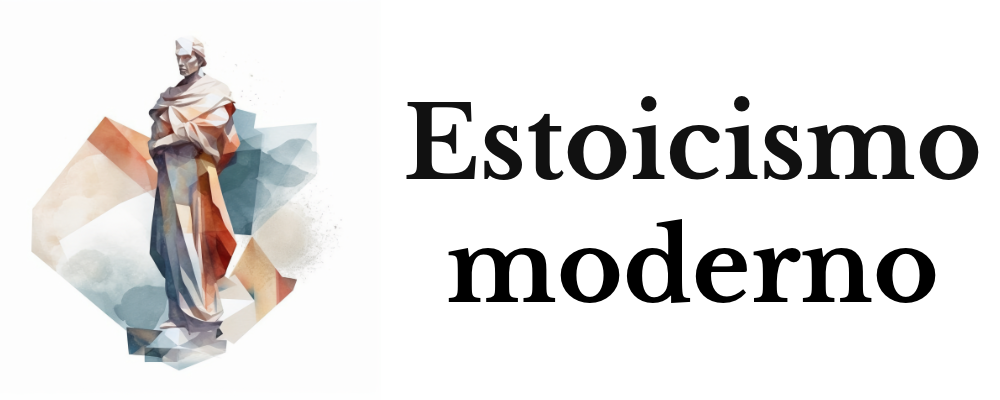Learning to Accept and Adapt to What is Beyond Our Control
In the labyrinths of existence, a critical tool we all seek is the map of control: we want to know what we can change, and what we cannot. In this complex landscape, Stoic philosophy provides us with an invaluable guide. Stoics, from ancient Greece and Rome, have promoted the art of acceptance as an essential skill for mental peace and resilience. But how can we apply these ancient teachings in the modern world, filled with uncertainties and rapid changes? Let’s take a look at some Stoic lessons for handling the uncontrollable.
The Dichotomy of Control
The heart of Stoic philosophy is the Dichotomy of Control, which divides the world into two: things we can control and those we cannot. According to Epictetus, the Stoic philosopher, the only things truly under our control are our own thoughts, beliefs, and actions. Everything else, from global events to the feelings of others, is beyond our control.
For Stoics, accepting this reality is liberating. It frees us from the anxiety of trying to control the uncontrollable. Worried about the weather? Accept that you can’t control it. Anxious about others’ opinions of you? Let go of that worry. You can’t control what others think or feel.
This teaching allows us to focus our energy where we can truly make a difference: in our own actions and attitudes.
Amor Fati: Love of Fate
Another useful Stoic lesson is the concept of Amor Fati or “love of fate”. This principle urges us to embrace everything that happens in life, not just what is pleasant or desired, but also the difficult and painful.
For Stoics, everything that happens is part of the natural order of the universe. Accepting this allows us to flow with events rather than resist them. When facing a difficulty, instead of lamenting, we can see it as an opportunity for growth and learning.
This doesn’t mean we should be passive in the face of adversity. On the contrary, Stoics argue that we should do everything possible to improve our situation, but always with the awareness that there are elements we cannot control.
Learning from Nature
Stoics also advise us to learn from nature. Observe how trees bend with the wind rather than resist and break. Observe how rivers flow around rocks in their path, adapting to obstacles rather than fighting against them.
In the same way, we can learn to adapt to circumstances beyond our control. Instead of resisting, we can learn to flow with them, seeking the best way to navigate through difficulties.
Perspective and Gratitude
Finally, Stoics urge us to maintain a broad perspective and cultivate gratitude. Even in the most difficult moments, we can remember that we are part of a larger universe, and that our difficulties are just a small part of the grand tapestry of existence.
Gratitude is also fundamental. Stoics encourage us to be grateful for everything we have, instead of focusing on what we lack or what could go wrong. This attitude of gratitude allows us to see the world in a more positive and realistic way.









